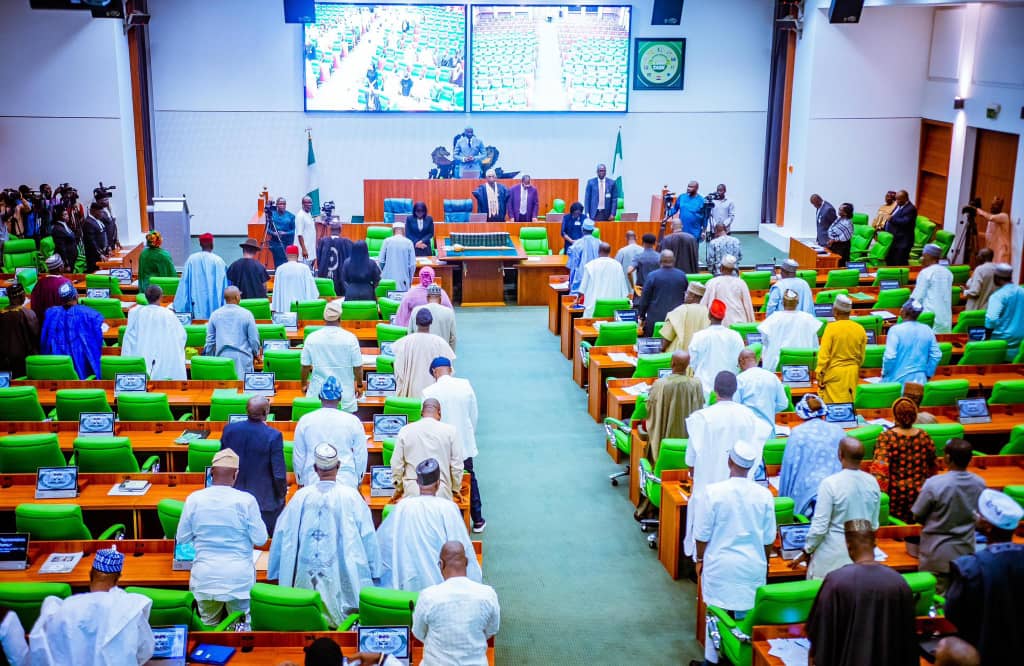Reps open to dialogue on Tax reform bill _ Southern caucus
The Southern caucus of the House of Representatives has expressed openness to dialogue regarding the tax reform bills currently before parliament. Nicholas Mutu, the caucus leader, shared this stance during a press briefing in Abuja, indicating that the caucus had collectively welcomed the bills and was willing to engage in discussions to address any concerns.
Mutu explained, “As the Southern caucus, we have reviewed and welcomed the tax reform bills with enthusiasm. At the appropriate time, we plan to incorporate the people’s perspectives that may be missing from the bills. These bills are beneficial for Nigeria and are people-oriented. We have not made a decision to support them yet, but we are open to dialogue. This is just the initial stage, and we have received the bills positively.”
In response to questions about the legislative process, Fredrick Agbedi highlighted the House’s responsibility to review and process bills, whether from the executive or individual members. “It’s the duty of both the House and the Senate to receive proposals or bills and to go through the proper legislative processes. The President has already signed an executive bill, and we are prepared to carry out our duties to help create better tax laws for the country. This effort includes gathering inputs from our states and constituencies,” he added.
READ ALSO:All Roads Lead to Yenagoa as Ijaw Media Conference Holds Tomorrow, December 11
Agbedi emphasized that the caucus was committed to working on the President’s proposal, noting that the National Assembly’s mandate is to create laws for the country’s governance. He pointed out that bills undergo multiple readings and public hearings, where amendments and innovations can be made before final approval by both chambers and the President’s assent.
Babajimi Benson also stressed the importance of thorough examination of the bill by the House. He acknowledged that national issues often involve diverse and conflicting interests, but the role of lawmakers is to find common ground. Benson recalled historical negotiations, such as the establishment of the 13% derivation for oil-producing states and the debates over the Petroleum Industry Bill (PIB). “Negotiation is key. We will engage, debate, and ensure the outcome is in the best interest of the Nigerian people,” he concluded.


[…] REAF ALSO: Reps open to dialogue on Tax reform bill _ Southern caucus […]